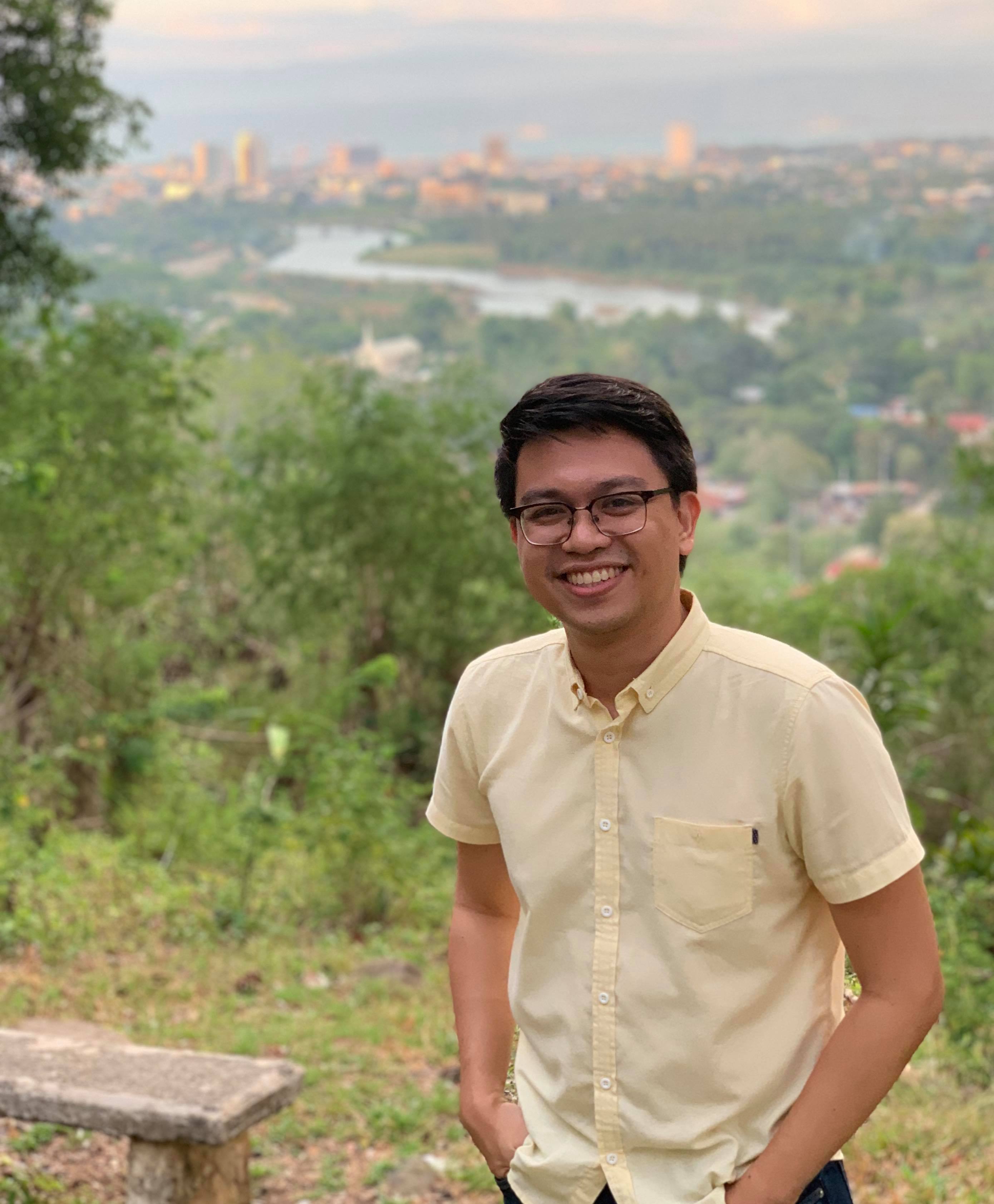
A faculty member of the College of Law of Xavier University - Ateneo de Cagayan is set to participate in the Geneva for Human Rights (GHR) global training from September 9 to 20, in line with the 42nd session of the United Nations Human Rights Council (HR-Council).
Atty Ernesto “Ton-ton” Neri was selected as one of the “Human Rights Defenders” who will undergo a course on the HR-Council, international human rights and humanitarian law, international procedures, and diplomacy. His participation is also supported by the Friedrich Ebert Stiftung.
"It is such an honor for a young Mindanao lawyer to be part of this global engagement," Neri said. "All things gained will be re-echoed in the classroom, in the city hall, and in the courts."
GHR aims to train non-government organizations, defenders, and all those involved in human rights at the national level “to contribute to the human rights implementation in their respective countries and to empower them in the elaboration and realization of strategies, and in the use of domestic, regional, and international HR procedures.”
Since the creation of the Human Rights Council in 2006, GHR conducted its Geneva Course at most of the ordinary sessions of the HR-Council.
The Geneva course
As part of GHR, the Geneva Course is also an interactive and intensive training taking place during the ordinary session of the Human Rights Council. Trainees acquire basic knowledge in international human rights, humanitarian, and criminal laws; transitional justice; inter-governmental organizations; the UN, its structure, its reform, and the role of its main organs; the trends in international relations; the functioning of the HR-Council and its mechanisms; the human rights standard-setting process; and human rights treaty bodies.
The GHR Geneva Courses combine theories, exchanges on the experience of the participants (field situations), and exposure to the multilateral reality, which the trainees will monitor.
The course has two parts: the General Course (Week-1) on the international system; and the Course on the proceedings of the Council (Week-2) with daily morning classes to discuss the debates in the HR-Council, to learn drafting communications to the UN special procedures, and to analyze the reports submitted by the experts and the Office of the High Commissioner (OHCHR), whose summaries will be presented by the trainers.
Besides passing two written tests, the trainees will submit a paper on the patterns in their country, summary of reports submitted to the HR-Council, reports on the deliberations of the HR-Council, and a communication on the UN thematic procedures.
Moving forward in the local level
The program will conclude with GHR course on human rights implementation in the home countries of the trainees (MDGs, national plans, technical assistance, and NGOs strategies inside their countries), assessment and follow-up, and general recapitulation of the course.
Neri plans to use the skills gained to improve the human rights law curriculum in the XU College of Law and intensify human rights paralegal education among the local communities.
Neri teaches Environmental Law and Human Rights Law at Xavier Ateneo Law and serves as a legal consultant of the city government of Cagayan de Oro. He also volunteers in the legal aid committees of the Integrated Bar of the Philippines.
"In a time when human rights seem to be vilified, I think it is more imperative for lawyers and citizens alike to stand up for the true core meaning of human rights – that is the promotion and protection of the inherent dignity of all," Neri said.∎ (Report by Stephen Pedroza || Photo by Vench Mier)